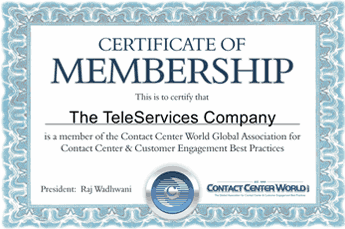Who Should Attend?
Managers, senior supervisors, team leaders, and others who need to develop their managerial skills for enhanced performance and career progression.
About The Program
We at TSC believe in the importance of having effective interpersonal skills. The Program helps in building a bridge between workplace communication and business relationships through interpersonal communication skills.
Interpersonal skills measure how good you are at interacting with others. For example, one interpersonal skill of knowing how to respectfully communicate with someone is called “active listening.”
To be successful in both professional and personal life, having great interpersonal or social skills is highly endorsed. Being more aware of your interpersonal skills can help you improve and develop them.
Problem solving, decision making and personal stress management are also considered to be different parts of interpersonal skill development.
Upholding positive interpersonal communication skills and business relationships among colleagues, subordinates and superiors is the key to maintaining a successful professional environment.
Program Objectives
- Practice active listening skills during all conversations
- Use positive body language
- Promote a positive work environment
- Building better and positive work relationships
Program Content
DAY ONE
- What are Interpersonal skills?
- The importance of Interpersonal skills
- The communicating styles
- The goal of effective communication
- Barriers to communication
DAY TWO
- Communication realities
- What is listening?
- Benefits of good listening
- Time spent listening
- Different levels of listening
DAY THREE
- What is emotional intelligence?
- Misconceptions about emotional intelligence
- Having trusted relationships
- Behaviors that rebuild trust
DAY FOUR
- Conflict and causes of conflict
- Effects of conflict and he value of different conflict styles
- Managing conflicts and rebuilding strong relationships
- Create a healthy environment
- Tools for working through conflict






